Discussing at the National Assembly delegation on the morning of February 15, Prime Minister Pham Minh Chinh emphasized that in order to implement Resolution 57 of the Politburo and remove obstacles in science, technology and innovation activities, special mechanisms and policies are needed, not just specific ones.
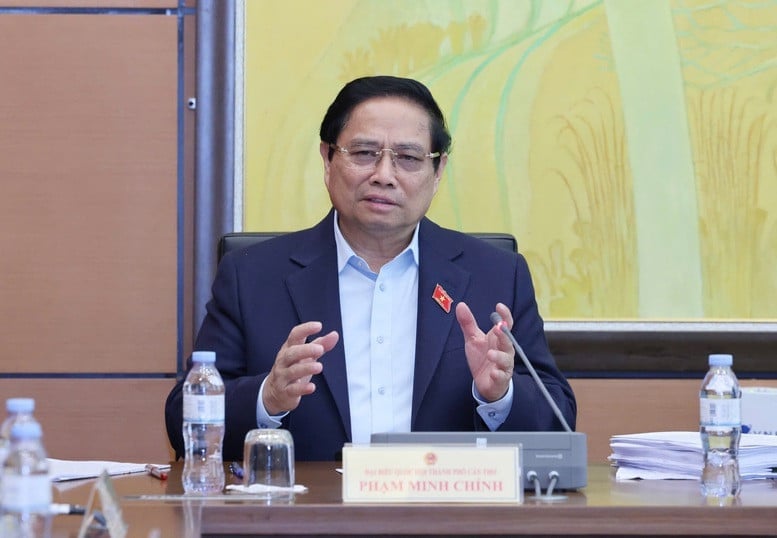
On the morning of February 15, the National Assembly discussed in groups the draft Resolution of the National Assembly on piloting a number of policies to remove obstacles in science, technology and innovation activities. Before that, the National Assembly worked in the hall, listening to the Presentation and the Verification Report on this draft Resolution.
According to the Government's submission, the Resolution was developed and issued to promptly institutionalize Resolution No. 57-NQ/TW of the Politburo on breakthroughs in science and technology development, innovation and national digital transformation. Accordingly, there will be a number of special mechanisms, policies and outstanding incentives.
Discussing in groups, Prime Minister Pham Minh Chinh said that if the country wants to develop quickly and sustainably, it must rely on science, technology, innovation, and digital transformation. This is an objective requirement, a strategic choice, and a top priority.
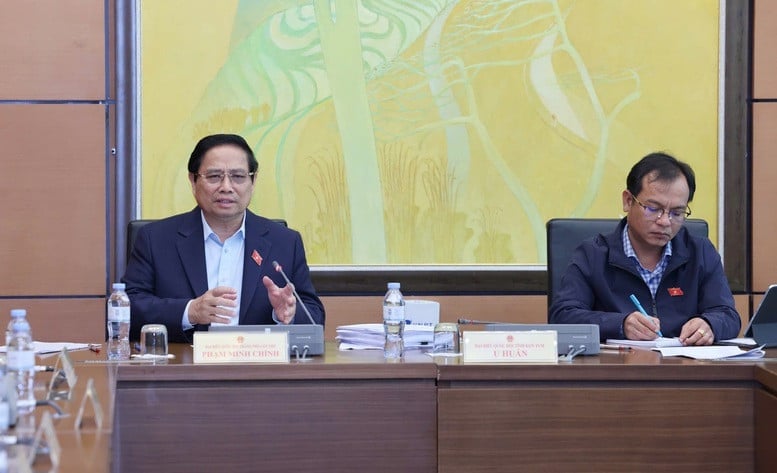
To resolve related institutional problems, the Government has directed to focus on amending a series of laws such as the State Budget Law, tax laws, Enterprise Law, Science and Technology Law, etc.; some laws may be presented at the National Assembly session this May.
However, in order for Resolution 57 to come into effect immediately, the Government submitted to the National Assembly a draft Resolution to pilot a number of policies to remove obstacles in science, technology and innovation activities. The draft Resolution focuses on removing some difficulties and obstacles that are very necessary to implement Resolution 57, so it does not cover all issues comprehensively; therefore, after issuing this Resolution, it is necessary to continue to amend other laws.
Believing that more specific policies are needed to implement Resolution 57, to truly innovate, the Prime Minister emphasized the need to study and supplement special mechanisms and policies, not just specific ones, which are at a different level. This specialness is reflected in a number of points.
First of all, the Prime Minister mentioned the "special mechanism" in developing science and technology infrastructure, innovation, and digital transformation, because our infrastructure is still very weak. While the resources needed are very large, in addition to State resources, there must be a mechanism to mobilize public-private partnership resources, from businesses, society, and the people.
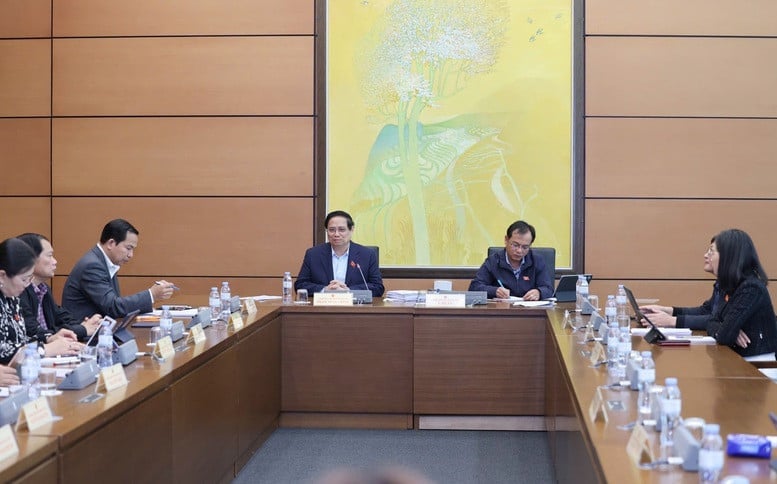
Second, a "special mechanism" is needed for management and administration of science and technology activities, including the following forms: public leadership and private administration; public investment and private management; private investment but public use.
"For example, in public investment and private management, we can invest in a state-owned science and technology infrastructure but hand it over to the private sector for management. That's the special mechanism. Or public leadership means we design policies, laws, monitoring and inspection tools, and the remaining administration is left to businesses," the Prime Minister said.
Third, the Prime Minister also said that a "special mechanism" is needed for scientists to be able to commercialize scientific works; a "special mechanism" in procedures, decentralization, and delegation of power to provinces, cities, ministries, and branches; eliminating the request-grant mechanism, reducing administrative procedures..., and managing and evaluating based on overall effectiveness.
Fourth, referring to the issue of exemption from liability when risks occur to policy drafters and developers but there is no exemption mechanism for implementers, the Prime Minister assessed this as a difficult issue, because implementation is still a weak link. If there is no mechanism to protect implementers, it will lead to fear of responsibility, "moving from one place to another", "not wanting to do it because there is no protection". Therefore, it is necessary to design an additional exemption mechanism when risks occur for both implementers and policy designers.
Fifth, the Prime Minister also mentioned a "special mechanism" in attracting human resources, not only to attract people working outside the state sector to the state sector, but also to develop private enterprises in science and technology, attract foreign human resources to Vietnam to contribute to promoting science and technology, innovation, and digital transformation. The policies will include taxes, fees, charges, housing, accommodation, visas and labor contracts...
From the above "special mechanisms", the Prime Minister said that it is necessary to design "special tools" to manage, promote efficiency and ensure publicity, transparency, and avoid violations, corruption, negativity, waste...
The Prime Minister shared that in the process of scientific research, breakthroughs can be successful, but there are also failures, so it is necessary to accept risks and delays in scientific research. The Prime Minister said that those failures or delays can be considered as "tuition fees" that must be paid to gain more knowledge, experience, courage, and intelligence. However, personal motives must also be excluded, not for personal gain but must be impartial, pure, for the common good of the country.
Source



![[Photo] National Assembly Chairman Tran Thanh Man receives United Nations Secretary-General Antonio Guterres](https://vphoto.vietnam.vn/thumb/1200x675/vietnam/resource/IMAGE/2025/10/25/1761390815792_ctqh-jpg.webp)
![[Photo] Prime Minister Pham Minh Chinh receives United Nations Secretary-General Antonio Guterres](https://vphoto.vietnam.vn/thumb/1200x675/vietnam/resource/IMAGE/2025/10/25/1761390212729_dsc-1484-jpg.webp)
![[Photo] Prime Minister Pham Minh Chinh and United Nations Secretary-General Antonio Guterres attend the Press Conference of the Hanoi Convention Signing Ceremony](https://vphoto.vietnam.vn/thumb/1200x675/vietnam/resource/IMAGE/2025/10/25/1761391413866_conguoctt-jpg.webp)


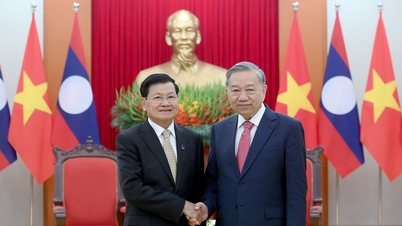

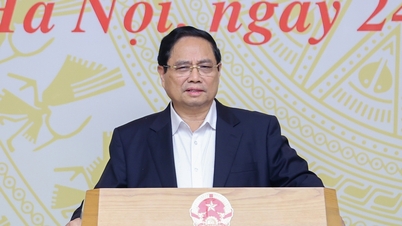

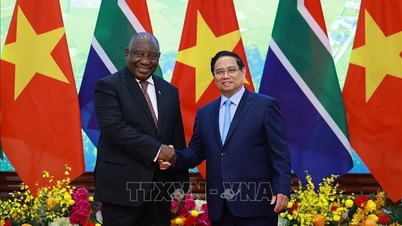

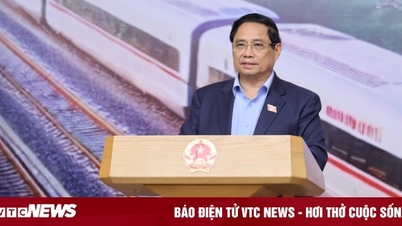



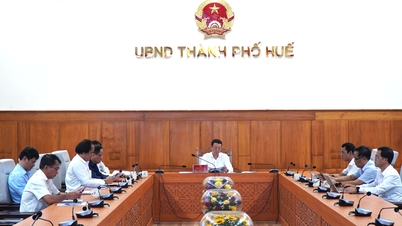

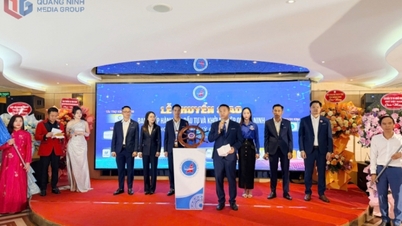

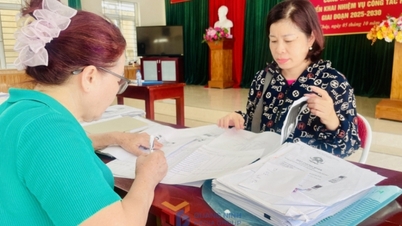

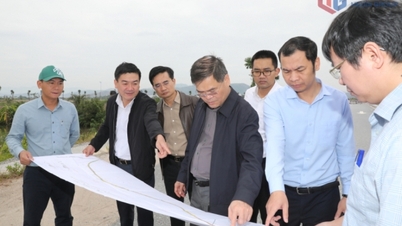






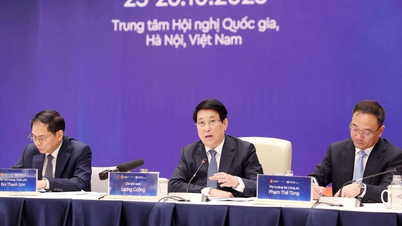

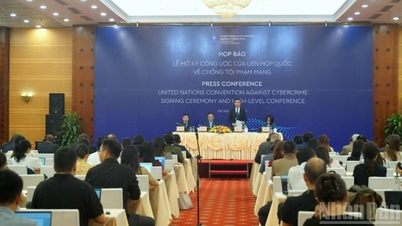
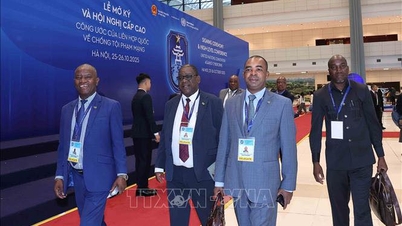



![[Photo] General Secretary To Lam meets with General Secretary and President of Laos Thongloun Sisoulith](https://vphoto.vietnam.vn/thumb/1200x675/vietnam/resource/IMAGE/2025/10/25/1761380913135_a1-bnd-4751-1374-7632-jpg.webp)




































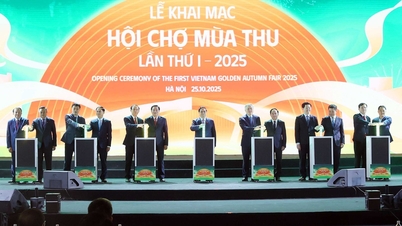
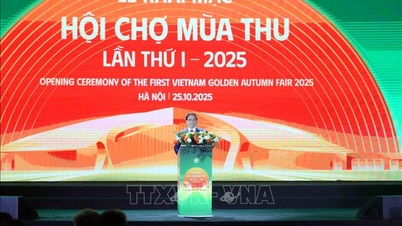
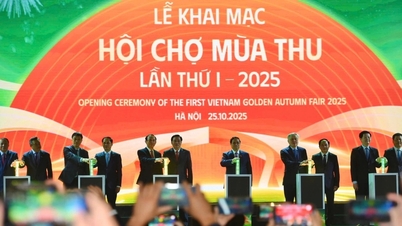
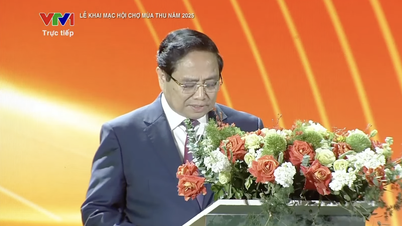




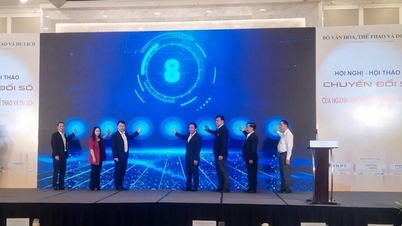

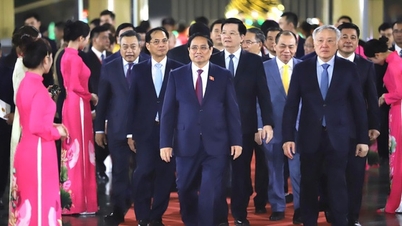
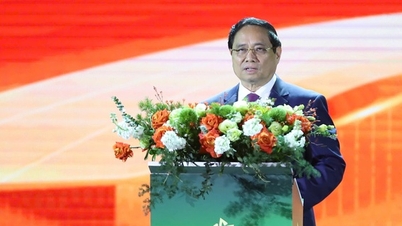
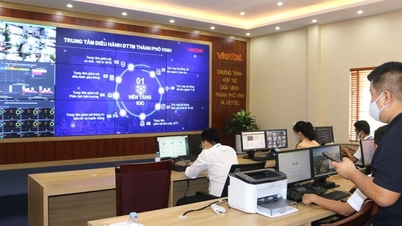

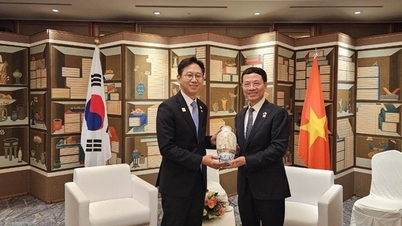




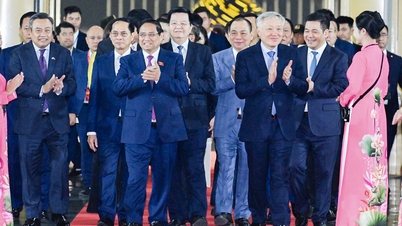



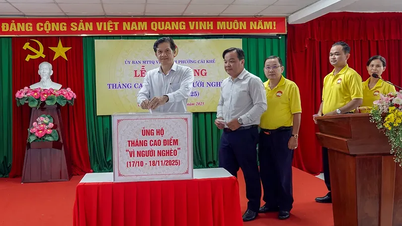

















Comment (0)